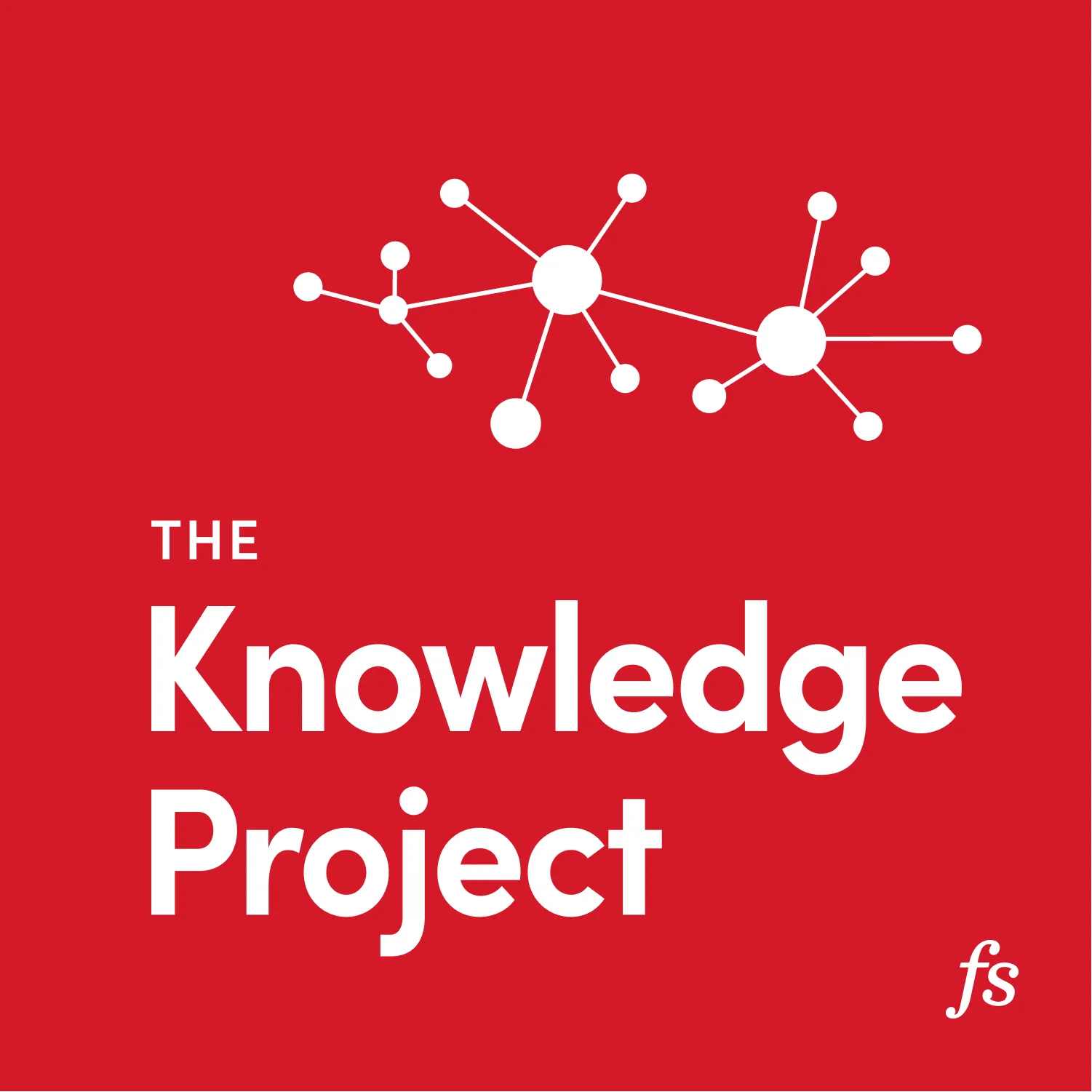Outliers: Jimmy Pattison — Building a $16B Empire Without Connections, Capital, or Credentials [The Knowledge Project Ep. #235]
Blog: Farnam Street
At 96 years old, Jimmy Pattison still runs his $16 billion empire personally.
He’s built it over 63 years without outside capital or a college degree. He owns 100% of car dealerships, billboards, radio stations—even Ripley’s Believe It or Not—with a philosophy of: “No partners, no shareholders, no relatives.”
This episode reveals the principles behind one of North America’s great private empires: how to build and compound a reputation, why the best deals happen in silence, and what a Japanese bicycle taught him about operational excellence.
You’ll learn the hidden advantage of selling “souvenir editions” instead of newspapers, how he turned a ghost radio station into a ratings leader overnight, and why he once fired the entire bottom 10% of his staff—then took them out for steak.
This episode is for informational purposes only and is based on Jimmy: An Autobiography by Jim Pattison and Paul Grescoe.
Coming Soon: Apple Podcasts | Spotify | Transcript
Key Lessons:
- Reputation Compounds: When Jimmy’s father Pat Pattison’s car dealership failed in 1929, bankruptcy was the obvious choice. Instead, he spent twenty-five years paying back every creditor while working as a mechanic and laborer. Jimmy watched his father make those payments decade after decade. The payoff? When Jimmy needed a $40,000 loan to start his own dealership, banker Harold Nelson looked past his thin balance sheet to his reputation. Most people think reputation is about being liked. Pattison learned it’s about being trusted, and trust takes decades to build, seconds to destroy.
- Bounce, Don’t Break: Most people see failure as final; Jimmy saw it as raw material for success. When his newspapers became worthless at 7 AM, he didn’t dump them—he rebranded them and sold out. When CIBC called his loans with 60 days’ notice, he didn’t panic, he bluffed. The lesson isn’t avoiding failure. It’s refusing to let failure define the outcome.
- Keep going: At an age when most start to wind down, Jimmy flew to Japan and discovered his entire business philosophy was wrong. Toyota spent $31 on warranty repairs per car; GM spent $331. One boy’s comment about his Japanese bicycle triggered a complete operational overhaul. True leaders don’t defend outdated methods, they abandon them instantly when shown something better.
- Cash Flow is Religion: While others chased growth, Jimmy worshipped predictable revenue. He pioneered car leasing not for the margins but for the guaranteed return business. When evaluating Neon Products he gave a lot of weight to $16.4 million in forward contracts. Every empire needs a foundation. Jimmy’s was knowing exactly what next month’s revenue looked like.
- The Prison of Public Markets: After building Neonex into a high-flying public company that went up to $40 a share, Jimmy bought it all back at $3 per share. His new philosophy: “No partners, no shareholders, no relatives.” Public companies optimize for quarters; private companies optimize for decades.
- Bet On Yourself: Pattison continuously took daring risks and bet on himself. He leapt to buy his own dealership, going all in, leveraging up, and paying crazy interest rates. He cold-called Wall Street partner Mike Dingman with nothing but chutzpah: “My name is Jimmy Pattison. You don’t know me… I want to build a Canadian conglomerate.” When he took on the Canadian establishment in the Molson family for control of Maple Leave Mills, he was mocked in the press. He won. Most people wait for permission to play at the next level. Pattison just showed up and started playing. The gap between where you are and where you want to be isn’t bridged by credentials, it’s bridged by action.
- Information Asymmetry is Everything: Jimmy executed Western Canada’s first hostile takeover because Arthur Christopher didn’t know who was buying his shares. Christopher’s shock—“Jesus Christ! The guy only lives two miles from me”—revealed the edge. In negotiations, what matters isn’t what you know. It’s what the other side doesn’t know you know. When you make a move, do it in silence.
- Brutal Clarity Beats False Kindness: Every month at Jimmy’s dealerships, whoever sold the fewest cars got fired. No exceptions, no negotiations. Sounds cruel? Jimmy saw it differently: “They were never going to be successful at selling cars, so why shouldn’t they cut their losses and become mechanics or teachers?” Everyone knew the rules when they signed on. Like Reed Hastings at Netflix, Jimmy treated business like professional sports—only the best players stay on the field. The paradox: His “ruthless” transparency created more loyalty than managers who strung people along with false hope.
- Pick the right Co-Pilot: Sometimes that means avoiding the wrong ones. Dan McLean offered Jimmy 25% ownership—instant millionaire status. One catch: he’d have to partner with McLean’s son-in-law, Peter Birks. Jimmy’s response was immediate: “I wouldn’t be interested.” A month later, he was fired. The lesson? Bad partnerships don’t just slow you down—they kill your future. Jimmy learned it’s better to own 100% of something smaller than 25% of something with the wrong people.
- Autonomy is the Best Teacher: Jimmy’s greatest education came not from mentors’ wisdom but from their neglect. Dan McLean gave him complete freedom to run a dealership—“You’re my servant, I’m your boss,” but never interfered. Like Anna Wintour at Viva, Pattison took a lesser position for greater control. The paradox: The best mentors teach by letting you learn.
- Unreasonable Standards: Pattison is known for expecting a lot from his people – firing underperformers, cutting costs ruthlessly, and insisting on his vision. Yet he also inspired loyalty by working as hard as anyone and rewarding success. He set clear, non-negotiable standards.
The post Outliers: Jimmy Pattison — Building a $16B Empire Without Connections, Capital, or Credentials [The Knowledge Project Ep. #235] appeared first on Farnam Street.
